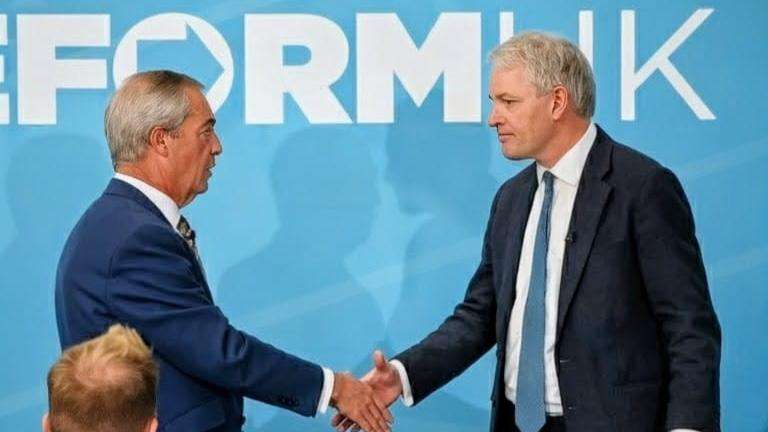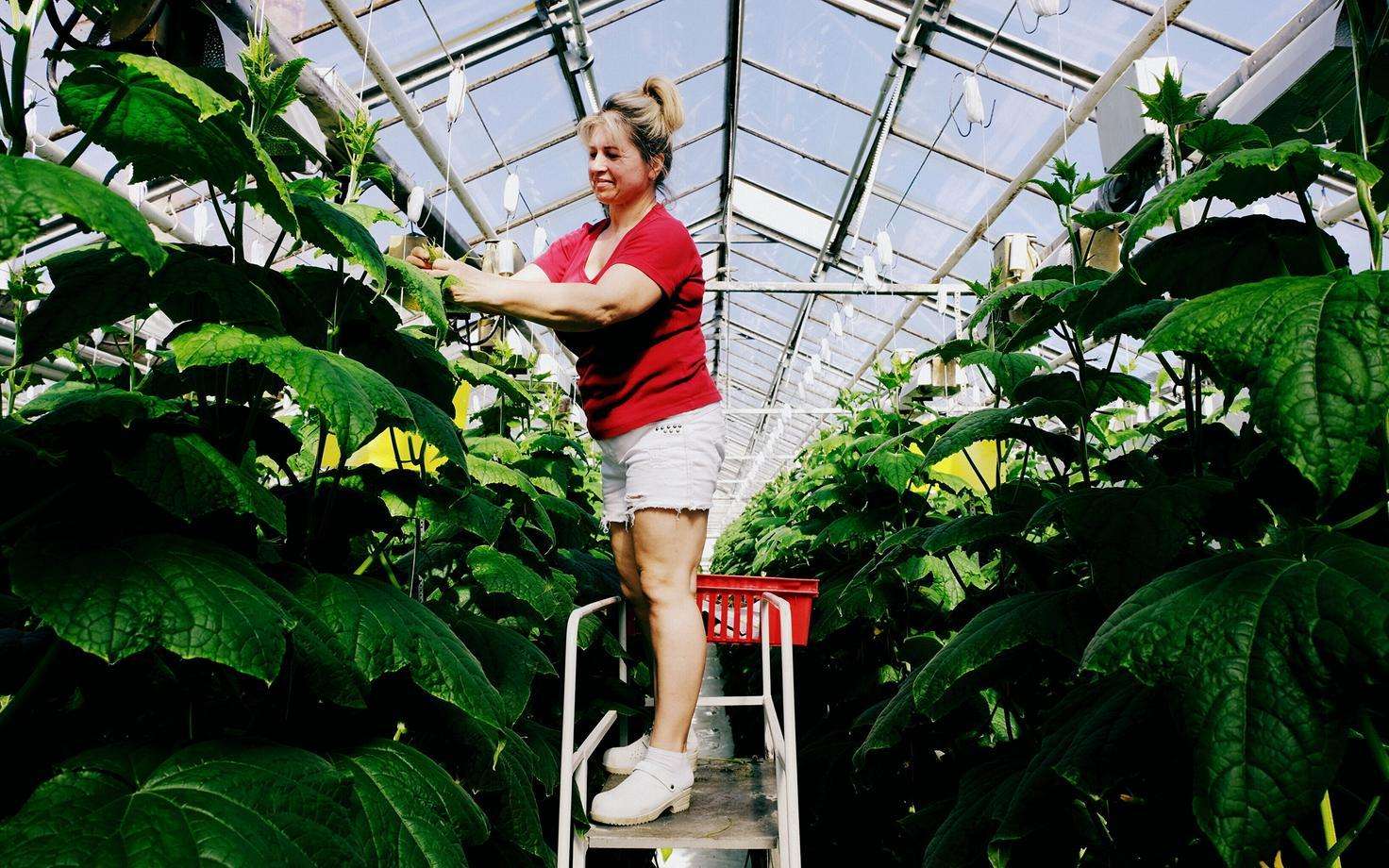If the country's GDP grows by more than 2% in the next years, up to 4,000 people may be permitted entry into Estonia.
Erkki Keldo, the Estonian Minister of Economy, made these comments and came to the conclusion that the immigration quota might be increased in response to the state's economic expansion.
Currently, 1,303 foreign-born nationals are admitted in Estonia every year, which constitutes 0.1 per cent of Estonia’s permanent residents.
Estonian Ministers Divided on Expanding Migration Quotas
The Minister of Economy proposed raising the cap to 2,600 individuals annually, with the option to boost it to 3,900 in the event that the economy grows by two percent.
He also pointed out that different quotas may be applied to different economic sectors, emphasising the benefits that immigration might have for the nation. Minister Keldo added that salary criteria had to be set by the government.
Speaking on behalf of her party, Minister of Education Kristina Kallas stated that an increase in the quota is necessary, but only with the cooperation of the labour unions.
Lauri Läänemets, the Interior minister of Estonia and chairman of the Social Democrat Party, did not agree with the notion of changing the quotas. However, he did point out that making more exemptions could be beneficial.
Like his colleague from Estonia 200, Minister Läänemets agrees that business representatives and trade unions should jointly decide to raise the limit.
While trying to attract more migrant workers, the country is also dedicated to tackling migration, as the Estonian government introduced more stringent measures regarding this concern. In April, the Estonian government considered making it mandatory for foreigners who wanted to come to the country for work to obtain a one-year visa before entering Estonia. This measure would aim to mitigate migration risks.
_2.jpg)
_1.jpg)






.svg)

